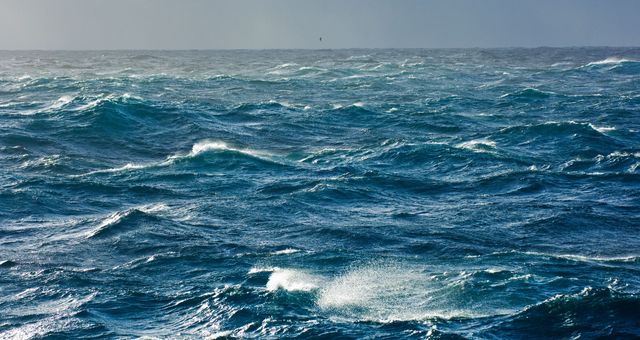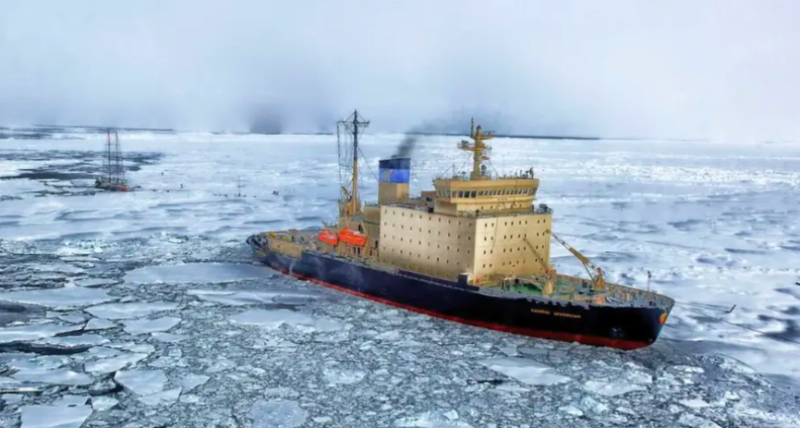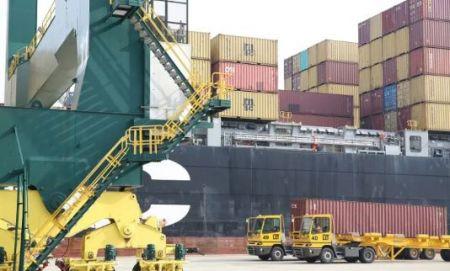The ocean, an immense reservoir of infinite wealth upon which we depend more than we realize, has found its place in the political agenda—highlighting its critical importance and uncertain future.
This Saturday, December 7, at the Jardin des Plantes in Paris, as part of the Tribunes du Muséum on the theme « A Shared Ocean, » we dive into this vast world of biodiversity and life. Organized in partnership with France Culture and Pour la Science magazine, the event will explore the ocean’s role in the context of climate change and environmental degradation.
The discussion will feature:
- Sylvie Dufour, marine biologist and deputy director of the Ocean Institute at Sorbonne University, who co-authored the manifesto « A Shared Ocean » published by the Muséum National d’Histoire Naturelle.
- Damien Chevallier, ecologist and CNRS researcher at the Laboratory of Biology of Aquatic Organisms and Ecosystems (BOREA), and director of the Marine Research Station in Martinique.
- Elsa Guillaume, visual artist and one of 40 artists featured in La Grande Expédition, a Tara Foundation project blending art and science to highlight the ocean’s significance. The exhibition is hosted at CentQuatre-Paris until March 2, 2025.
The Ocean: A Shared Resource
Should we say « the ocean » or « the oceans »? Sylvie Dufour explains:
“Geographically, maps divide the world into several oceans—the Atlantic, Pacific, Indian, and the Arctic and Antarctic. However, when viewed from a polar perspective, it becomes clear that all these bodies of water are interconnected. A major ocean current circulates through them all, making them one single entity.”
The Role of the Ocean in Climate Regulation
The ocean absorbs 90% of excess heat and 30% of excess CO2 produced by human activities, playing a vital role in regulating the Earth’s climate. However, as Damien Chevallier notes, “The ocean faces mounting threats, including pollution, overfishing—both industrial and artisanal—and the devastating impacts of climate change. These pressures jeopardize marine biodiversity and humanity’s food resources alike.”
Sylvie Dufour emphasizes: “Without the ocean, the planet would already be significantly hotter today. It has shielded us from much of the warming, but at a cost. This absorbed heat directly affects marine biodiversity. Unlike mammals and birds, most marine organisms cannot regulate their body temperature, making them especially vulnerable.”
Art and Emotion: Reconnecting with the Ocean
For artist Elsa Guillaume, the ocean is a source of inspiration and deep connection. She explores humanity’s ties to the aquatic world through intuitive, artistic narratives, including themes like the Devonian era, the deep sea, and overfishing. “Art allows us to reconnect with the natural world and develop empathy for marine life,” she explains. Her work often invites viewers to imagine themselves as part of the ocean, highlighting the need to protect this vital ecosystem.
A Global Call to Action
With initiatives such as France’s 2024-2025 Year of the Sea, the UN’s Decade of Ocean Science for Sustainable Development (2021-2030), and the upcoming UNOC3 in Nice (June 2025), there is a growing recognition of the ocean’s central role in the future of our planet.
Through dialogue and collaboration across science, politics, and art, events like Tribunes du Muséum aim to foster a deeper understanding of the ocean and inspire action to preserve its treasures for generations to come.
Source: Radio France




